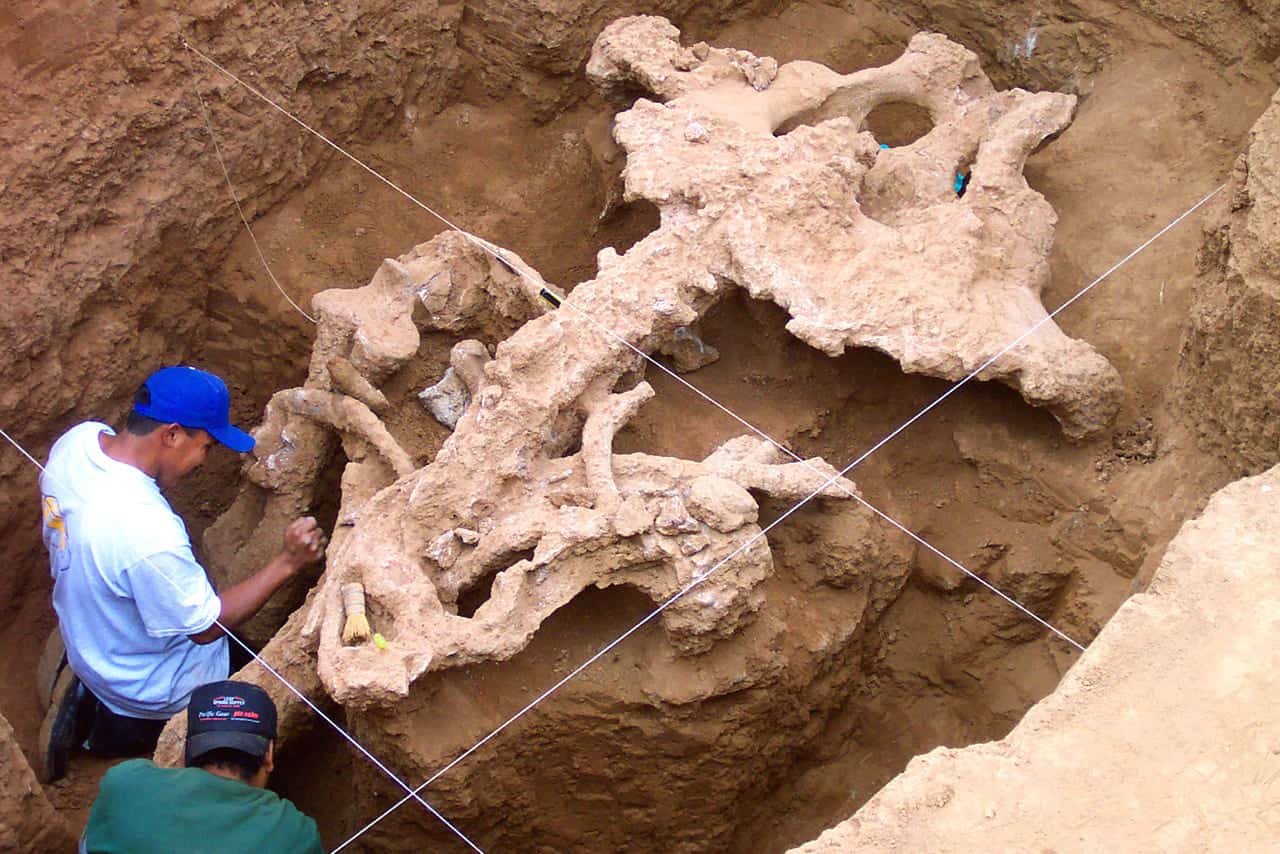Why an understanding of anthropology is key to creating better technology
One of the key themes of the 21st century to date, has been the creation of a more ‘global’ and ‘connected’ worldwide community. Advancements in technology have enabled many on the planet to communicate, transact business and study pretty much 24/7.
However, creating technology that is actually useful for business, education and society as a whole, requires a much deeper understanding of people and our evolution as humans.
Anthropology vs tech
Anthropology involves the observation and study of how people go about their daily lives, how they communicate with each other and how they function in, and adapt to, different environments and situations.
Part of that focuses on our physical and psychological make up, but that is very much intertwined with an understanding of the broader social spaces in which we exist.
In the quest to create more useful technology (whether in the workplace, for educational purposes or to create greater social mobility or inclusion), it’s important that any move from an ‘analogue’ to a ‘digital’ world, has regard for the existing environment in which the new technology will be used. Otherwise, technology that is difficult to use, implement or understand, could have limited use or benefit.
Tech – the biological and social impact
Anthropology covers two broad areas. The biological and physical aspects of being human and the more social aspects, such as our culture, languages, politics and family make up.
The introduction of new technology may affect either or both of these anthropological aspects. On the one hand, it may have positive benefits (for example, using a health app may help humans to improve their overall health and happiness, having broader social benefits). However, technology may also have more negative consequences (for example, addiction to the use of mobile devices which has a negative impact on attention span, communication skills and sleep, indirectly creating social problems).
If technology is to have a real lasting positive benefit, it’s important not to lose sight of these factors, both in the development of the technology and in its adoption, use and evolution.
Understanding ourselves before understanding tech
Technology is often talked about in a way that is synonymous with ‘global business’. From Silicon Valley to Silicon Roundabout, digital developers work 24/7 to create the next ‘big thing’.
However, if you look beyond all technology, first and foremost, humans still have to interact and work with one another in order to maintain a stable and coherent society. In doing so, how effectively we work with our immediate colleagues, teams, suppliers and customers in each part of any office, city, country or continent is of key importance.
The more that technology impacts the way in which we work or interact with others (for example deep structural/organisational/system changes to the workplace, a negative change in work culture and ethos, or an increase in political tensions), the greater the potential impact on the health of society as a whole.
But by understanding the interplay between technology and how we live and work as humans, the greater the possibility of building more effective technology, which is also easier to implement and that helps to smooth the transition to a new workplace or society.
Disruption or evolution?
As technology evolves, it brings with it the opportunity to help improve society for all.
Much of the news around technology talks about disruption, the loss of jobs and narrowing opportunity. But perhaps a better way to approach technology is to take a step back from it and for society to place greater emphasis on understanding and getting to grips with what it means to be human and the difficulties and struggles that humans face across all ages, workplaces, schools, towns, cities, countries and continents. In doing so, solutions to these issues can be considered and where appropriate, technology can assist with implementing them.
Greater engagement in understanding what things work well and what things are unhelpful, combined with a greater awareness of what we can individually and collectively improve upon, can provide the foundation for a better and safer transition to our new technological age. A technological age that really helps the entire planet, instead of one which puts our own awareness to one side and fails to address that unnecessary human suffering.








